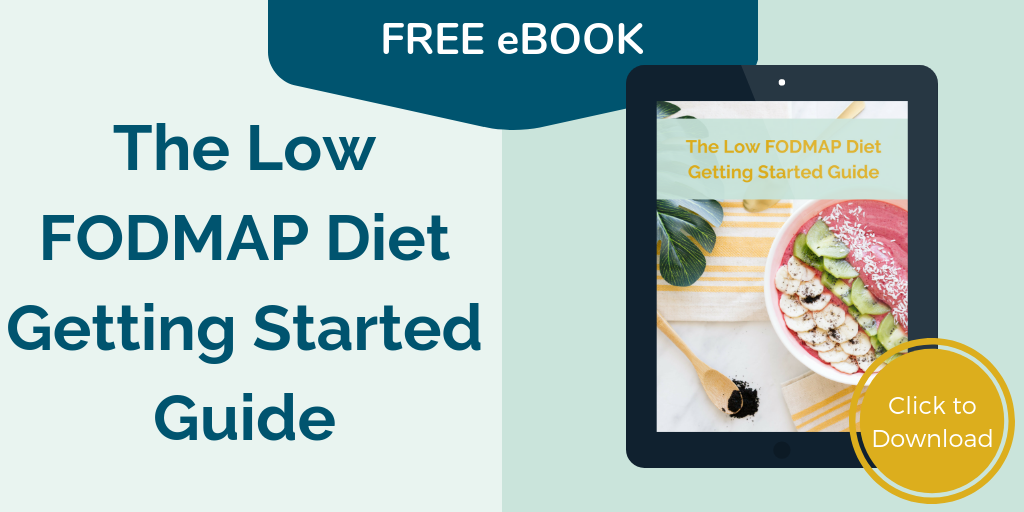Hormones and Digestive Problems
How do Hormonal Differences Affect Digestive Symptoms?
While Irritable Bowel Syndrome is a digestive health issue that affects both men and women, research indicates that it affects women to a greater extent than men. In Western countries, twice as many women have IBS as men! However, in many Eastern countries such as India, China and South Korea, the female predominance among IBS patients is not observed. These statistics are interesting, and cause us to question why this might be. What could be causing the difference? Our digestive anatomy is the same, so what is the difference between women and men that’s causing more women to suffer from symptoms of digestive distress than men?
Before we get too far into the hormonal differences between women and men and how this might explain our difference in IBS prevalence, I want to take a minute to say that a small part of the discrepancy might be due to how many men compared to women seek out help for their digestive symptoms. Let’s face it, more men than women are likely to put up with some digestive discomfort than women are. Some even think that these symptoms may be a part of normal digestion. Guys, please know that if you are experiencing these symptoms on a regular basis, this is not necessarily normal digestion. Living with these symptoms does not need to be accepted as your new normal, there is help!
Aside from this possible explanation, researchers are working on trying to crack the code to explain how hormonal differences may be to blame for why more women suffer from IBS than men. Here’s what we know so far.
IBS Symptoms and Menstruation
Changes in ovarian hormones during the menstrual cycle can affect our transit time (how quickly or slowly food moves through our intestines), visceral sensitivity (how sensitive we are to abdominal pain and discomfort) and our immune function. Clinical studies indicate that low levels of some female hormones that occur during menstruation may cause women to experience worsened digestive symptoms during their period if they have IBS, and may even cause women without IBS to experience symptoms during their time of the month.

IBS and Menopause
Research about how menopause affects IBS seems a bit mixed. Some studies show menopause may cause the severity of IBS symptoms to increase. Digestive symptoms were reported more frequently by postmenopausal women, and excessive gas was reported to be more of an issue in postmenopausal as compared to premenopausal healthy women. On the other hand, in some cases researchers have found that in the postmenopausal period, the incidence of IBS actually decreases!
The Gut Microbiota and Sex Hormones
We know that the gut and the brain are constantly communicating with each other and that the the bacteria in our gut can impact our mental health, but there is also evidence to suggest that our sex hormones (especially estrogens) can also play a role in these communication pathways! Our sex hormones may influence which bacteria are present in our gut and how fast they grow. Although the link between the gut microbiome and IBS isn’t completely clear yet, we know there is a connection, and the fact that our sex hormones could play a role in this relationship is definitely an area we need to explore further to figure out if IBS management should be different for women and men.
Male Hormones and IBS
Not only are we starting to see that female hormones might make us more prone to IBS and digestive symptoms, but we are also seeing that it might be possible that male hormones may be protective against IBS. Androgens, which are present in higher amount in males than females, appear to protect against the development of chronic pain disorders in humans, while testosterone also has a pain relieving effect.
To all my ladies and gentlemen out there suffering with IBS, IBD and other digestive health conditions, please know that you are not alone. I know it seems like in this world of digestive health, the research we have provides more questions than it does answers. It’s frustrating and feels unfair to have to suffer day after day, without really knowing why! As we learn more about what causes these uncomfortable digestive symptoms and how to better manage them, my team will help keep you up to date on the latest research so you can get the highest quality of care. You deserve nothing less, my friend. Hang in there!
The first step if you’re looking to improve irritable bowel syndrome (IBS) or another digestive disorder or disease, is to understand more about the Low FODMAP diet and if it can help. Download my free eBook to help you better understand this diet and get started implementing simple steps to get rid of symptoms like gas, bloating, pain, diarrhea or constipation related to IBS. Click here to get a copy emailed to you right away.
Wishing you much love & wellness,
Stephanie


